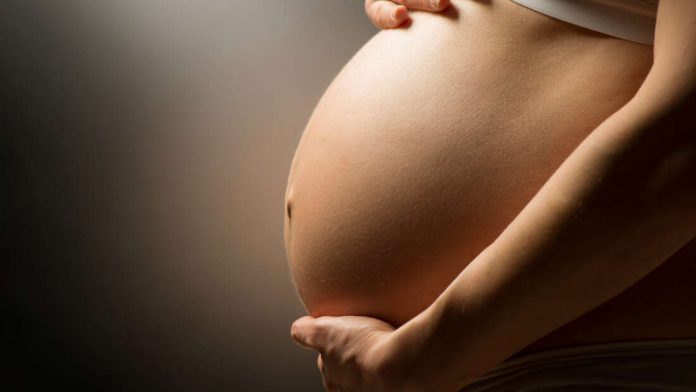Researchers have found evidence of maternal stress levels affecting the development of the fetal amygdala – a part of the brain involved in emotional development.
Pregnancy can be a stressful time for most parents, especially mothers. Socioeconomic factors along with mental health disorders play a key role in causing high stress levels in pregnant mothers. Previous studies have shown that maternal stress can result in low birth weights in infants and mood disorders later in life.
However, previous studies have all relied on questionnaires for measuring the level of maternal stress. For the first time, researchers have used objective biomarkers – cortisol levels – to investigate the link between maternal stress and fetal brain development.
Our findings are a call to action to detect and support pregnant women who need extra help during pregnancy as this could be an effective way of promoting healthy brain development in their babies.
Professor James Boardman, Director of the Jennifer Brown Research Laboratory at the MRC Centre for Reproductive Health at the University of Edinburgh
The Amygdala and Maternal Stress
The team of researchers, led by the University of Edinburgh, aimed to investigate the structural changes in infants’ amygdala. The amygdala is the part of the brain responsible for social and emotional development. It also serves a primary role in forming memory and decision-making.
The body produces cortisol, the stress hormone, in response to flight-or-fight situations. Cortisol levels are measured using blood, hair, or saliva samples. For the study, researchers collected hair samples from 78 pregnant women who had just given birth. Hair samples generally provide a chronic measure of cortisol levels.
The babies then underwent magnetic resonance imaging (MRI) scans while asleep. The amygdala was studied for structural and functional changes. They found higher levels of maternal cortisol induced changes in the amygdala. Thus, implicating that such infants will more likely develop emotional issues later in life.
Boys vs Girls
However, upon closer inspection, the doctors noticed another significant difference in the results. The amygdala of baby boys reacted differently to high cortisol levels than that of baby girls. In boys, maternal stress-induced structural changes in the amygdala. Whereas in baby girls, cortisol levels affected the amygdala’s functioning and connection to other parts of the brain.
It is unclear as to how the sex of the fetus determines cortisol’s effect on the amygdala.
This research highlights how important it is to support women’s mental health during pregnancy to ensure that their needs are met and that their babies have the best start in life. Helping mothers cope with stress is an important step to ensure both mum and baby thrive.
Sarah Brown, Chair of Theirworld
A major limitation of the study is the absence of long-term data. The researchers did not assess the emotional or social development of the babies. Thus, it is unclear as to how the amygdala changes will present later in life. Therefore, a longitudinal study is required for investigating the consequences further.
Reference:
Stoye, David Q, et al. “Maternal Cortisol Is Associated with Neonatal Amygdala Microstructure and Connectivity in a Sexually Dimorphic Manner.” ELife, vol. 9, 2020, doi:10.7554/elife.60729.
Sutherland S, Brunwasser SM. 2018. Sex differences in vulnerability to prenatal stress: a review of the recent literature. Current Psychiatry Reports 20:102. DOI: https://doi.org/10.1007/s11920-018-0961-4, PMID: 3022946 8
Dunkel Schetter C, Tanner L. Anxiety, depression and stress in pregnancy: implications for mothers, children, research, and practice. Curr Opin Psychiatry. 2012;25(2):141-148. doi:10.1097/YCO.0b013e3283503680




